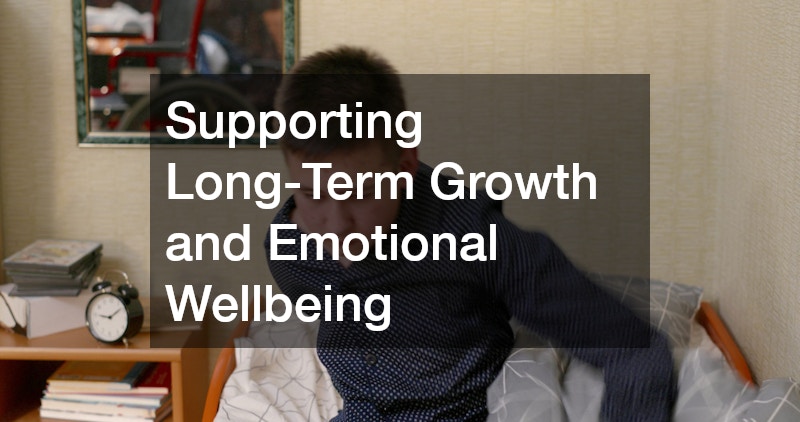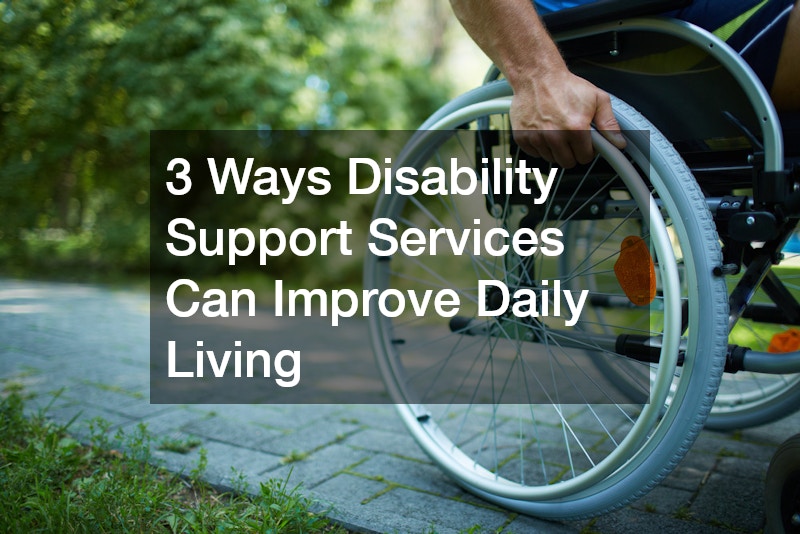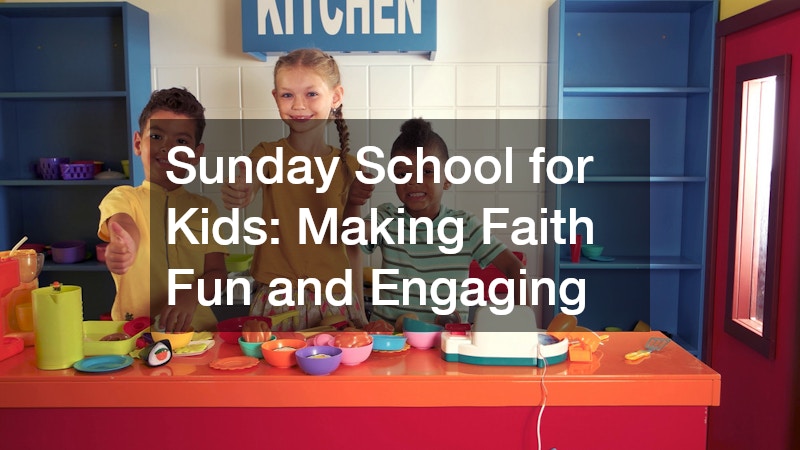Children and students living with a disability often face unique challenges in their daily lives, from navigating the classroom to participating in social activities. While families, teachers and carers play a vital role in their development, professional disability support services can make a significant difference. With tailored approaches and specialist care, these services are designed to promote independence, improve confidence and enrich the everyday experiences of young people living with a disability.
Here are three ways disability support services can transform daily living for children and students, setting the foundation for a more inclusive and empowered future.
Enhancing Learning Through Tailored Educational Support
Every child deserves access to quality education, regardless of their abilities. Yet, for students living with cognitive, physical or sensory impairments, traditional learning environments may not always provide the right tools or attention they need to thrive. Support services can bridge that gap by offering tailored educational assistance that adapts to each student’s strengths and learning style.
Support professionals often collaborate closely with teachers and schools to create personalised learning plans. These plans are not only academically focused but also consider the child’s emotional wellbeing and capacity for social interaction. This level of customisation allows students to feel seen and understood in the classroom, which in turn builds motivation and engagement.
Moreover, educational support is not limited to the classroom. Homework assistance, tutoring and study skills development outside of school hours help maintain continuity in learning. This consistent guidance fosters academic growth, minimises frustration and builds the child’s self-esteem. For many students, the ability to keep pace with their peers can have a lasting impact on their outlook towards school and future goals.
Fostering Social Inclusion and Community Participation
For children, building friendships and feeling included in group settings is a crucial part of emotional and social development. Unfortunately, students living with a disability may often feel isolated or left out, whether due to physical limitations or social misunderstandings. Support services can create meaningful opportunities for inclusion by encouraging participation in extracurricular activities, group outings and skill-building workshops.
Trained support workers are skilled at recognising the specific barriers each child faces and providing the right level of assistance without compromising independence. Whether it’s helping a student navigate a sports field or supporting them during a music lesson, these small adjustments open the door to new friendships and experiences. Over time, children become more confident in social settings, learning how to interact, share and collaborate with others.
Importantly, this kind of social support also benefits the broader community. When students of all abilities are encouraged to participate in shared activities, it promotes empathy, understanding and acceptance among their peers. Schools and community groups become more inclusive, setting the stage for a more compassionate society overall.
Developing Daily Living Skills for Greater Independence
One of the long-term goals of support for children and students is to help them develop practical skills for everyday life. Whether it’s managing personal hygiene, preparing meals or organising their school bag, gaining independence in daily tasks fosters a sense of responsibility and achievement.
Support services often include programs that focus on life skills training, delivered in a way that is age-appropriate and engaging. Younger children may learn basic self-care through play-based activities, while older students might work on budgeting or using public transport safely. These real-world skills are essential not just for the child’s immediate comfort and safety but also for their transition into adulthood.
Parents and carers often report significant improvements in household routines when children receive this kind of structured support. Tasks that once felt overwhelming—such as getting ready for school on time or choosing appropriate clothing—become manageable milestones. With time and encouragement, students can take pride in their progress and experience greater autonomy in both home and school environments.
This empowerment can also relieve some of the emotional pressure felt by parents and families, who often worry about how their child will cope in the long term. Knowing that a young person is gaining the tools to manage their own needs can be both reassuring and inspiring.
Supporting Long-Term Growth and Emotional Wellbeing
At its core, disability support is about creating the conditions for young people to grow, learn and feel good about themselves. For students and children, this means having someone in their corner—someone who understands their unique needs and is committed to helping them reach their full potential.
Beyond academic support or help with tasks, the consistent presence of a dedicated support worker can also provide emotional stability. Many students develop strong, trusting relationships with their support providers, which is essential for building resilience and confidence. This connection often becomes a safe space for children to express themselves, work through challenges and celebrate successes.
.




